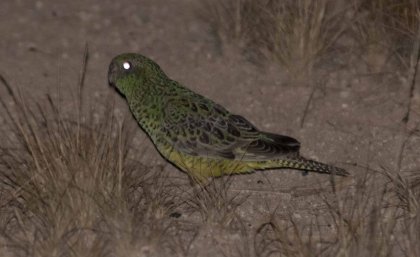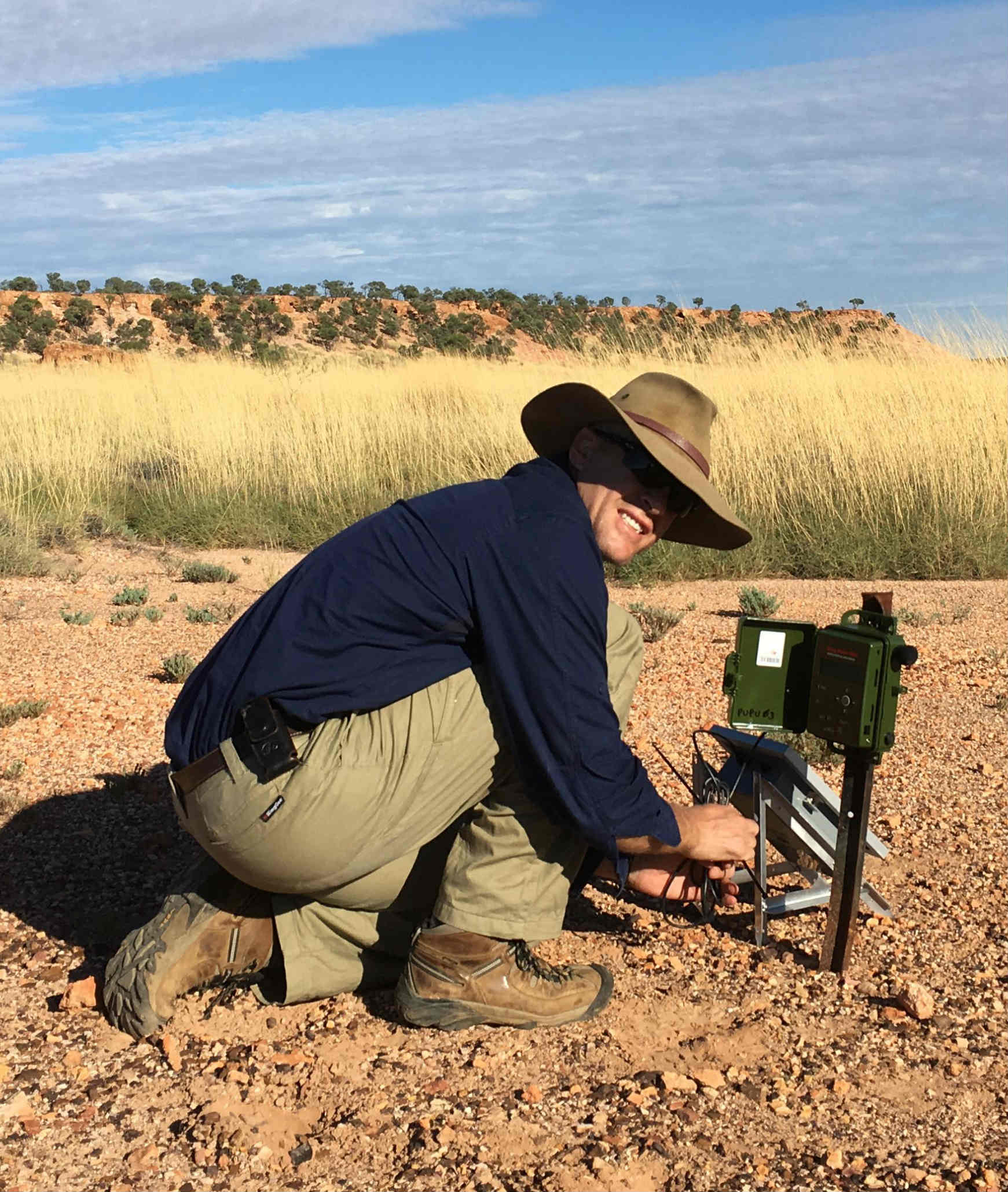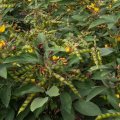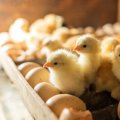
Ensuring one of Australia’s most high-profile threatened bird species does not disappear a second time is the mission of a University of Queensland researcher.
PhD student Nick Leseberg’s passion for the night parrot, a cryptic and nocturnal species from arid Australia, has won him one of two inaugural environmental fellowships from the Australian Academy of Science.
Mr Leseberg from UQ’s School of Earth and Environmental Sciences has won has won a Max Day Environmental Science Fellowship Award, valued at almost $19,000, to study night parrots.
“The night parrot was recorded occasionally during the second half of the 19th century, before undergoing a severe decline in the late 19th and early 20th centuries,” he said.
“After numerous attempts to rediscover it throughout the 20th century, some even thought it may be extinct.
“In 1990 and in 2006, dead night parrots were found in western Queensland, and in 2005, a sighting of three night parrots from the Pilbara region, Western Australia, indicated the species still existed.
 “Finally, in 2013 naturalist John Young revealed he had discovered a population of night parrots in western Queensland. The species has subsequently been detected on another cattle station, and also in the Diamantina and Goneaway national parks.”
“Finally, in 2013 naturalist John Young revealed he had discovered a population of night parrots in western Queensland. The species has subsequently been detected on another cattle station, and also in the Diamantina and Goneaway national parks.”
Last week there was a further sighting in Western Australia, shocking the birdwatching world.
Until now, little was known about night parrot ecology, with most information based on late 19th century anecdotal reporting.
Mr Leseberg said this lack of information meant conservation decisions were difficult.
“After the parrot’s rediscovery, Bush Heritage Australia quickly established Pullen Pullen Reserve in western Queensland to protect that population of birds,” he said.
“The discovery also permitted the start of research into their ecology and conservation biology by Dr Steve Murphy, perhaps Australia’s premier rangeland field ecologist.
“Steve coordinated and executed the first ever field study of the night parrot following their discovery in western Queensland.”
Mr Leseberg said night parrot research was difficult, given the birds live in remote and rugged country, and they are extremely shy and nocturnal, but there had been considerable progress with the discovery of several nests.
Preliminary data suggested that breeding success rates were low.
“My project will build on Dr Murphy’s work, to learn more about night parrot ecology, their survival in arid landscapes, resource requirements, and the threatening processes they face,” he said.
Achieving these objectives would improve the ability to find other night parrot populations, determine the true status of the species, and undertake effective action to conserve it.
“The research equipment to study this species is specialised and expensive, and includes GPS/radio tracking tags, mist nets, radio and video surveillance equipment and acoustic recorders,” he said.
“This is an exceptionally expensive project, and beyond the limits of most PhD budgets.
“Although significant in-kind support and funding has been contributed by Bush Heritage Australia, the Max Day Environmental Fellowship Award will contribute substantially to covering the cost of this research.
“Birds are my passion, and being given the opportunity to conduct essential research into one of Australia’s most high profile threatened bird species promises to be the experience of a lifetime,” Mr Leseberg said.
His study is receiving additional support from Bush Heritage Australia, the Green Fire Science Lab, Birds Queensland and the Threatened Species Recovery project that is part of the Australian Government's National Environmental Science Programme.
Images: (right) the reclusive night parrot, and (left) Nick Leseberg at work.
Media: Nick Leseberg, n.leseberg@uq.edu.au, +61 7 (0)488 636 010, or Toni Stevens, Australian Academy of Science, toni@scienceinpublic.com.au, +61 3 9398 1416/+61 (0) 401763 130.
.jpg)












